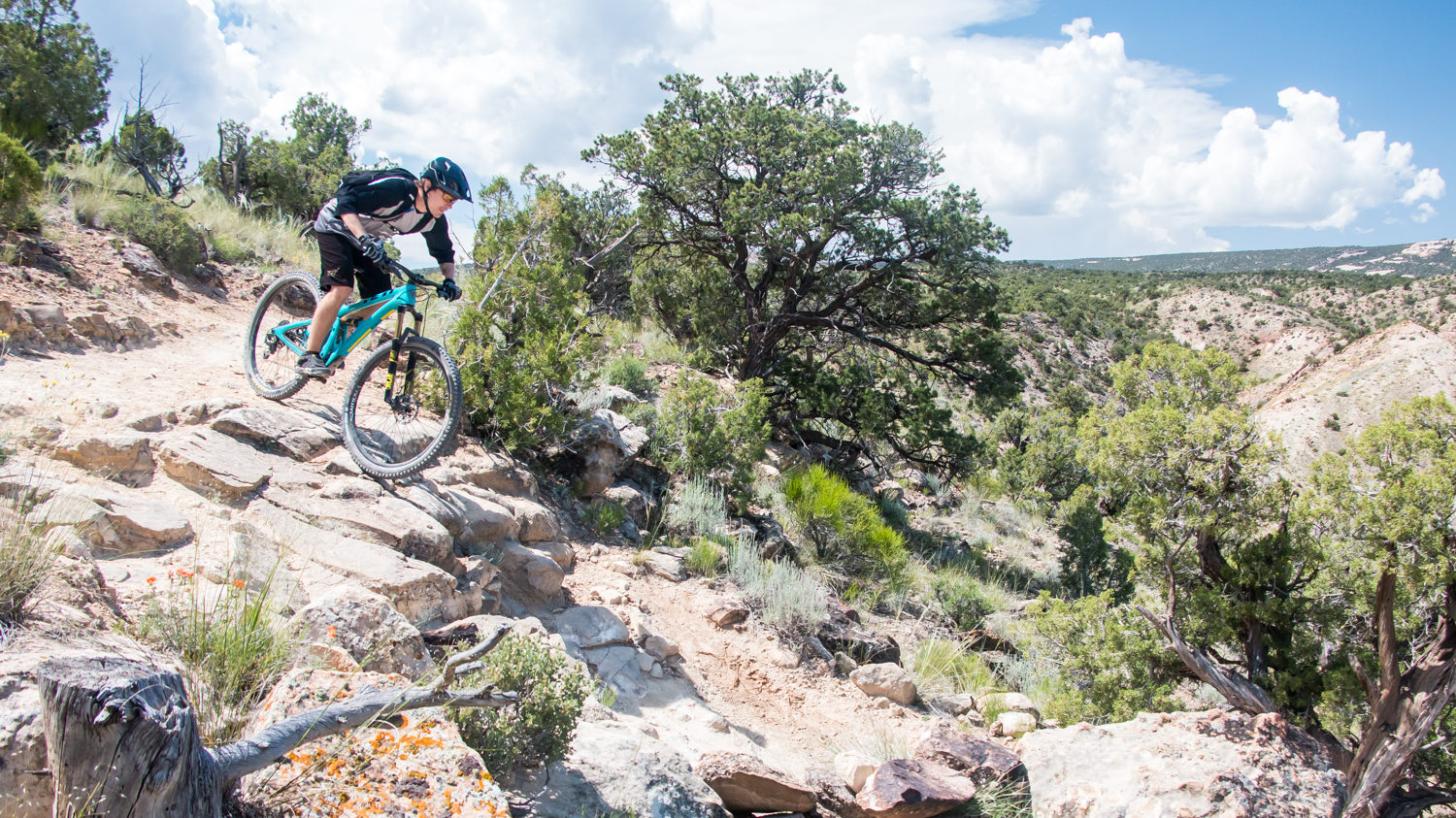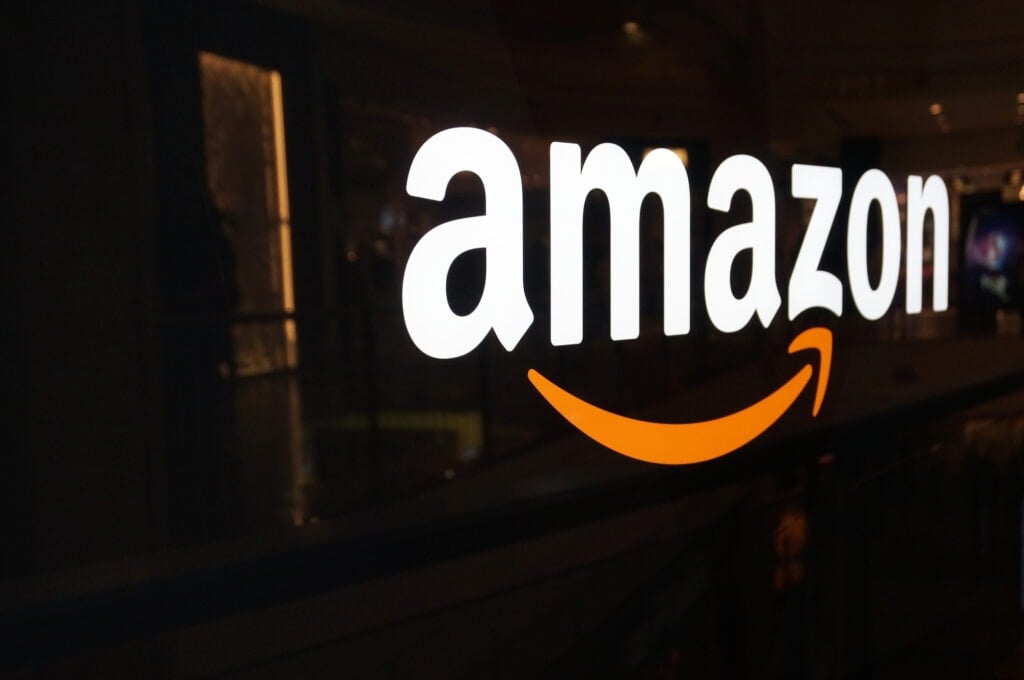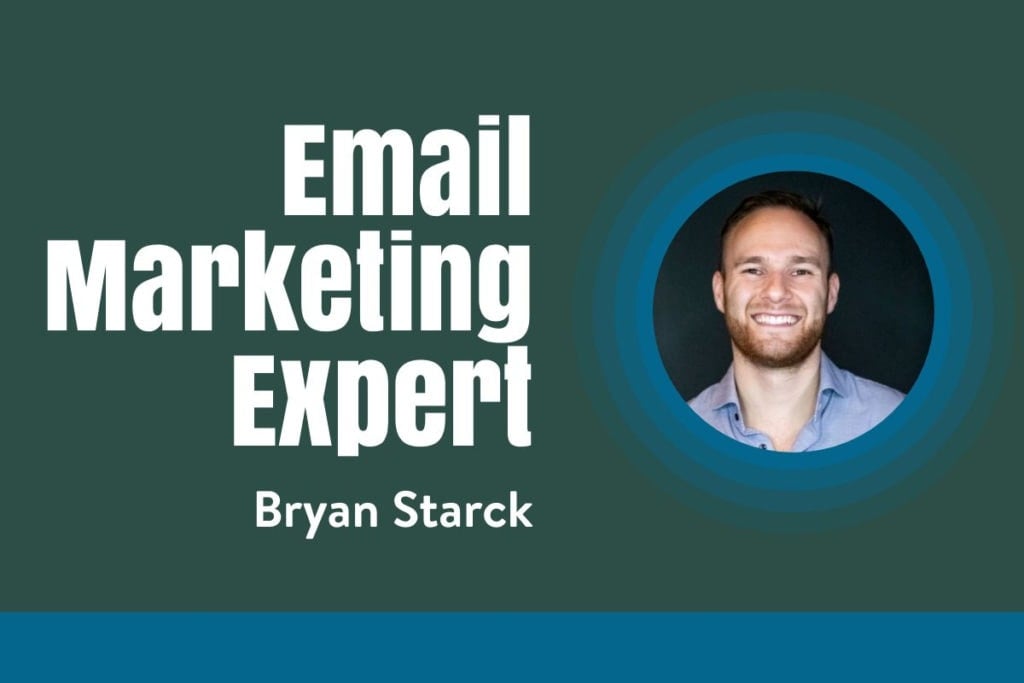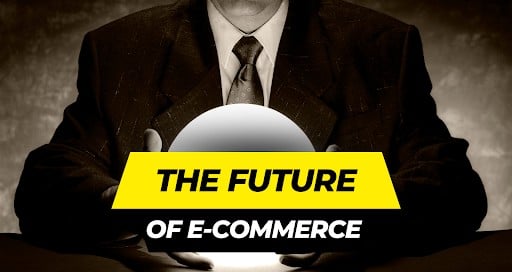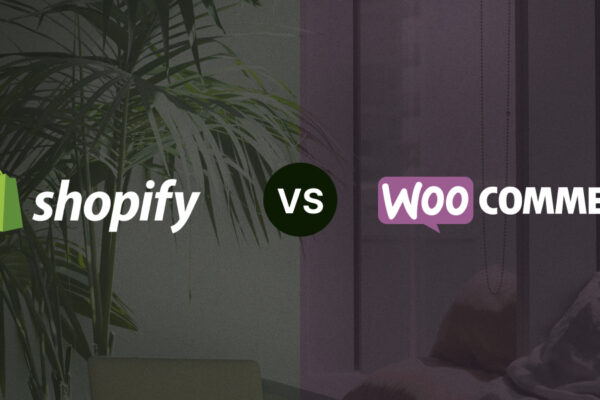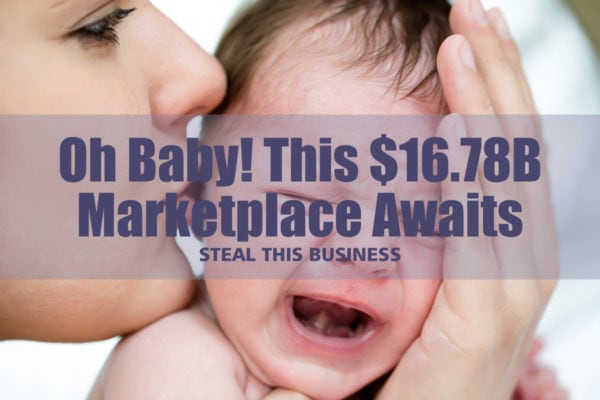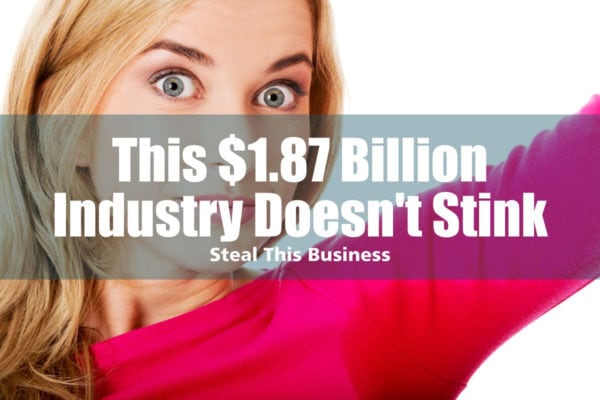Entrepreneur, cyclist and former pro-mountain biker Jeff Cayley is a dude. His staff at Southern California-based Worldwide Cyclery are all dudes. This, he says, has been a driving force in the success of his bike shop, which brought in $7.7 million in sales last year and is poised to double that in 2018.
There's Alex, the weightlifter with a glorious beard; Liam the BMX biker from Compton; Michael, the self-described "pug snuggler" who adores his two little pooches, and at least a dozen more bike enthusiasts working at the Newbury Park, Calif., and Lancaster, Pa., store locations. With "laughing multiple times a day" as a company tenet, Worldwide Cyclery is bringing the old-school bike shop up to speed in the age of e-commerce.
Cayley, 28, places a lot of importance on this quirky cast of characters because they've helped him grow his once small retail shop — literally 1,000 square feet in all — into a thriving multi-channel e-commerce business with an 8,000-square-foot California store and a second store in Pennsylvania.
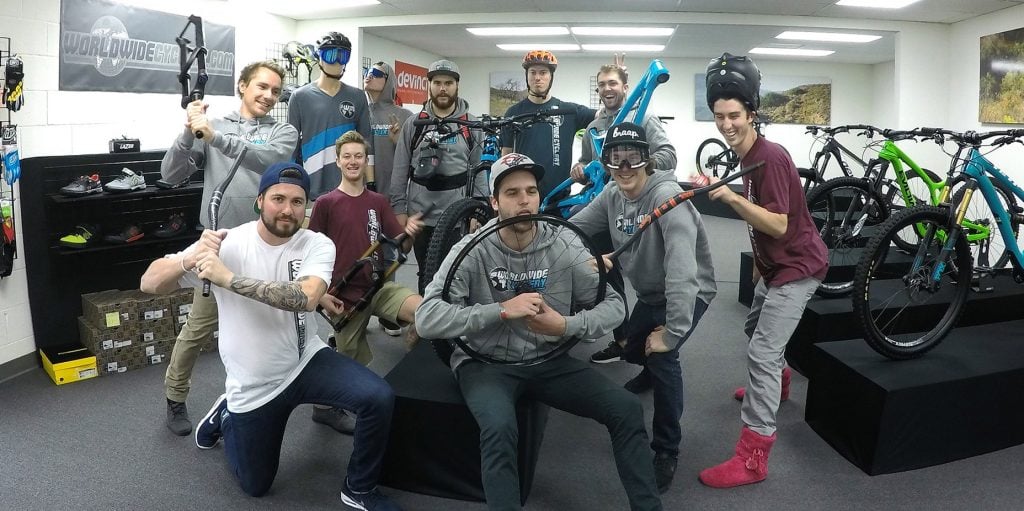
Photo courtesy: Worldwide Cyclery
Feature image: Jeff Cayley, founder and CEO, riding in Utah
Pictured above: The “dudes” at Worldwide Cyclery
"I did not want to get stuck in the small-business owner mindset so I did my best to analyze the reasons why and how companies scaled and grew quickly," says Cayley. "A huge part of that was building a team of talented people."
Worldwide Cyclery sells bikes, frames, accessories and components from well-known brands, and offers custom builds, which have grown in popularity in recent years. The fact that they ship globally is a plus: while retail sales at independent bike shops fell 1% in 2017, the overall global bike market is going strong, with analysts expecting it to hit $34.9 billion by 2022.
Cayley, who raced professionally in his teens and didn't go to college, credits his business savvy to reading everything he could -- including Delivering Happiness (Grand Central Publishing, 2013), a popular book by Zappos CEO Tony Hsieh.
In this Q&A interview, Cayley explains how he taught himself to build a business, what it took to scale his company, and the importance of creating a great company culture.
Capitalism.com: Why did you choose bikes and/or the bike industry?
Jeff Cayley: I rode bicycles as a kid growing up and loved it. The passion didn't die off in my teens and I started racing mountain bikes pretty seriously. The sport, competing in it, the products and the culture of it made me a lifetime enthusiast. I raced a couple years pro right out of high school, had a couple jobs in the industry and then saw an opportunity to take a chance and build a business.
My passion, industry knowledge and product knowledge was a massive help when getting started. I had a huge head start because of all that.
Capitalism.com: Your slogan says "Worldwide Cyclery is redefining what a bike shop can be." Why does it need redefining— what is it about bike shops that don’t work?
Cayley: There was a lot of “old-schoolness” in the industry and not a lot of modernization. Old-school retail is a single brick and mortar shop, and modern day retail is about multiple channels, retail stores, website and platforms like eBay, Amazon and more. It’s mixing in a lot of good content that engages your customers.
We’re bringing a bike shop into a very modernized retail business model. But it’s also about a better customer experience and a huge focus on company culture, and how we treat people internally.
Capitalism.com: The personality of your team really comes through on your website and About Us photos. How did you come to realize that your team would be the real difference maker for you?
Cayley: When I first started the business in 2011 when I was 21, I read the book Delivering Happiness by Tony Hsieh of Zappos. That book has such a huge emphasis on company culture, personality, connection and meaningful relationships within the work environment and with customers, and it really resonated with me. I admire how you can make a business like a family, where people become friends and work together.
There can be a ton of camaraderie and laughter, but also productivity and efficiency. I wanted to mix all those together and create something truly fun and meaningful to everyone within the company as well as every customer.
Capitalism.com: Often in entrepreneurship, there is pain before the promise, the problem before the solution. Once you’d launched your business, what was your pain point or the major obstacle standing in your way?
Cayley: I realized that I was turning into a small-business owner rather than an entrepreneur. I was doing all this work by myself, working my brain off when I realized OK, I need to get someone else. But I kept making these BS excuses like, how am I going to hire someone else? When am I going to find time to train them? How could I possibly delegate stuff, and are they going to be able to do as well as I can?
Capitalism.com: How did you get past that?
Cayley: I realized I had no choice. I’ve worked with small businesses in the past so I understood that mentality, but I also understood how limiting it was. That’s not what I wanted to do. I mean, if Howard Schultz thought that, there would be only one Starbucks. So, I needed to figure this stuff out and learn how to build a team, be a leader and delegate, and create an organizational structure.
I hit the bricks, read everything I could and just found extra hours in the day to teach, train, delegate and get certain tasks off my plate. Once I hired someone and both of us were slammed, I repeated the process and hired a third person. I kept doing that until we got to five or 10 people, and then I set up our organizational structure, like who owns what. I’m still working out those problems today.
We’re not a big company by any means, but we’re 20 people in two locations, and we’re improving. So, that was my first and biggest pain point — getting out of that small-business owner mindset and really learning how to train and delegate, and build and utilize a team of people. That was the difference between staying really small or actually scaling and building something that was ever going to be multi-million dollars in revenue.
Capitalism.com: And all of this was self-taught, right?
Cayley: Yeah, I didn’t go to business school. I left high school my last two years because I was racing professionally and went to a charter school instead. I would’ve loved to have gone to college and have that experience, but it may have just delayed me starting my business. These days if you’re in business to learn something and you actually have the discipline to do the work, all the information is out there. You just have to sit down and do it, and you can learn anything.
Capitalism.com: What has been your most satisfying moment in business?
Cayley: That’s a tough question. Some people are really googly-eyed when they hit a certain revenue number, but that’s not for me. I think once we defined our company culture and held each other accountable to it, it became part of who we are. Being able to replicate that in our second location, and see it living and breathing when I travel between each store, was really cool to me.
One of my favorite things is showing up at the store and seeing people have a great time. They’re organizing things like group rides and going to Taco Tuesday, and they’re building on our company culture. To me, that’s awesome and really important.
Capitalism.com: What is your advice for anyone today who is considering going out on their own and starting a business? Or anyone debating starting a business vs. going to college?
Cayley: Entrepreneurship is extremely hard. It's simply not for everyone, but you'll never truly know if you have what it takes .... or if you'll love it until you try. The key thing is to just try.
You can start something small in your spare time, and you might find it's overwhelming and just not for you. Or, you may learn that you absolutely love it — and you can then build a business on that passion.
If you want to build a successful physical product brand, learn from the experts in Capitalism.com’s Brand Builder Bootcamp. Join our next free webinar training session today.
